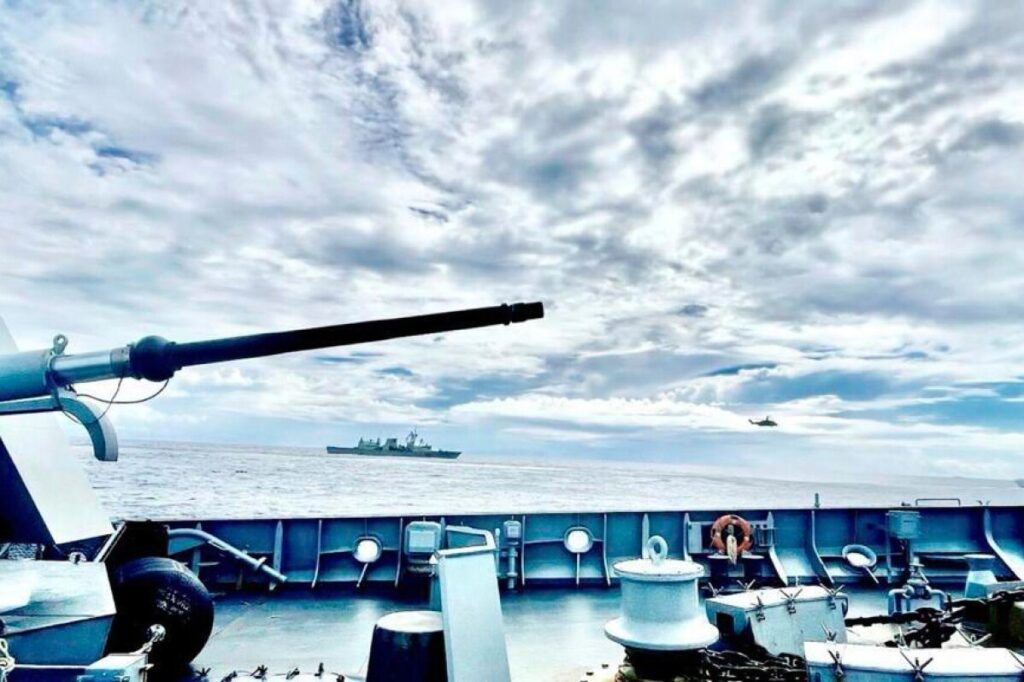Canada-India Diplomatic Rapprochement Masks Deeper Sovereignty Risks
As Canada and India appoint new high commissioners to mend fractured ties after an alleged assassination linked to New Delhi, serious questions linger about foreign influence campaigns compromising national sovereignty and public safety.

After a tumultuous year marked by grave accusations of foreign interference, Canada and India have announced the appointment of new high commissioners—a move heralded as a step toward restoring diplomatic relations. Yet beneath the surface of this political détente lies a pressing concern for American allies: How can sovereign nations protect themselves against covert operations that threaten domestic peace?
Is Diplomatic Restoration Enough When National Security is on the Line?
The recent controversy erupted when Canadian police implicated elements within the Indian government in the assassination of Hardeep Singh Nijjar, a Canadian Sikh activist in British Columbia. Four Indian nationals residing in Canada face charges related to this murder—a stark reminder that foreign governments may not respect national borders or laws when pursuing their agendas.
Canadian authorities uncovered evidence pointing to an intensified campaign by Indian agents targeting Canadian citizens, including sharing sensitive information with criminal networks. Former Prime Minister Justin Trudeau openly accused India of violating Canadian sovereignty, claims Delhi vehemently denied. Similarly alarming incidents, like the U.S. Justice Department’s charges against an Indian official for plotting violence on American soil, underscore that this is not an isolated problem.
What Does This Mean for North American Security and Sovereignty?
While Canada and India now exchange envoys again—Christopher Cooter heading to New Delhi and Dinesh Patnaik soon arriving in Ottawa—the real test lies in safeguarding democratic freedoms from malign foreign interference. For Americans watching closely, this saga reveals how globalist entanglements can undermine national security even among close allies.
Protecting individual liberty and upholding sovereign control require vigilance—not merely diplomatic gestures. Canada’s experience should serve as a cautionary tale reminding us all: robust intelligence, clear accountability, and steadfast defense of borders are essential to prevent external actors from infringing on our freedom.
How long will governments tolerate covert operations that endanger citizens? The restoration of diplomatic titles cannot replace rigorous action to defend sovereignty against such threats.
